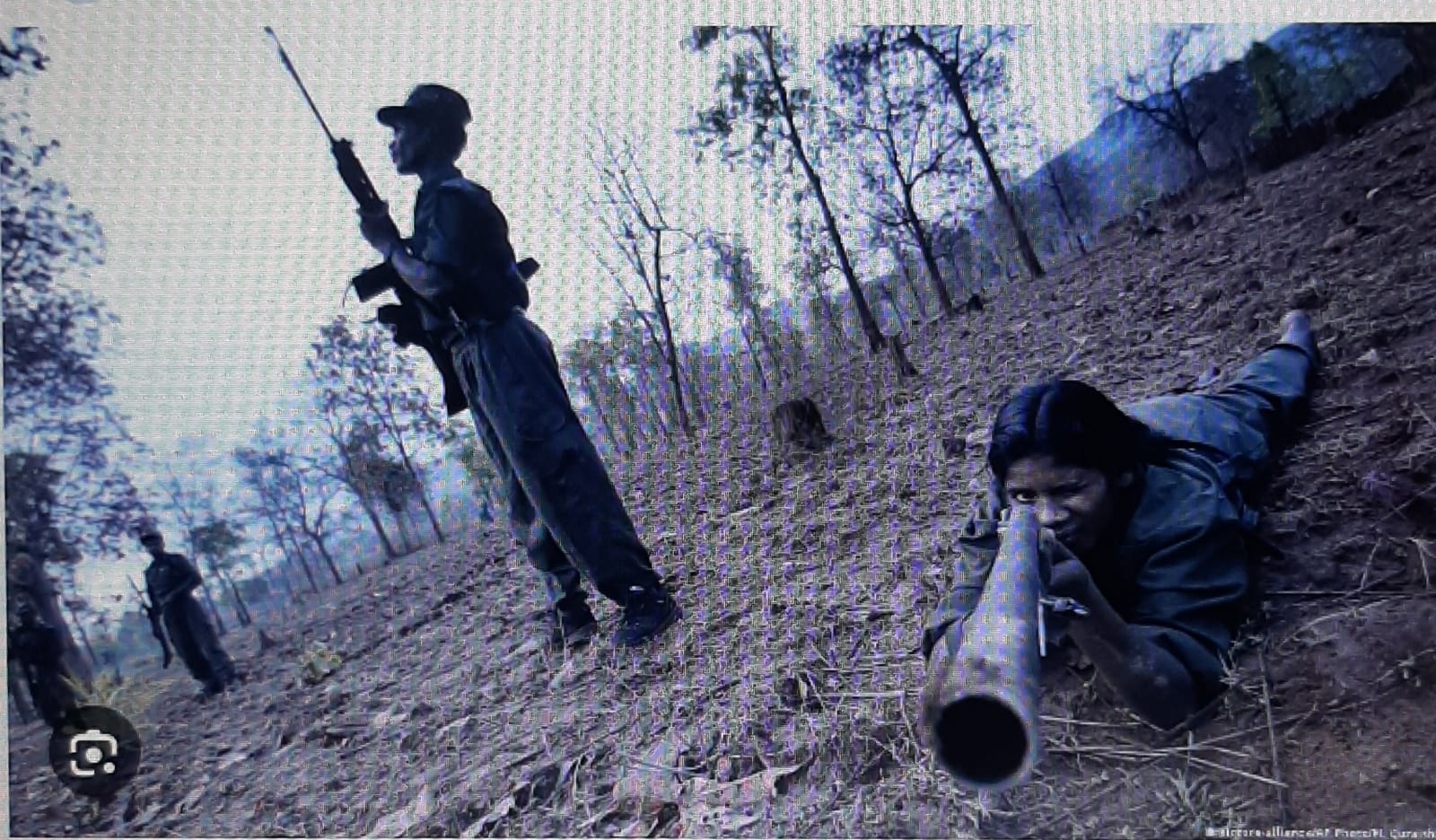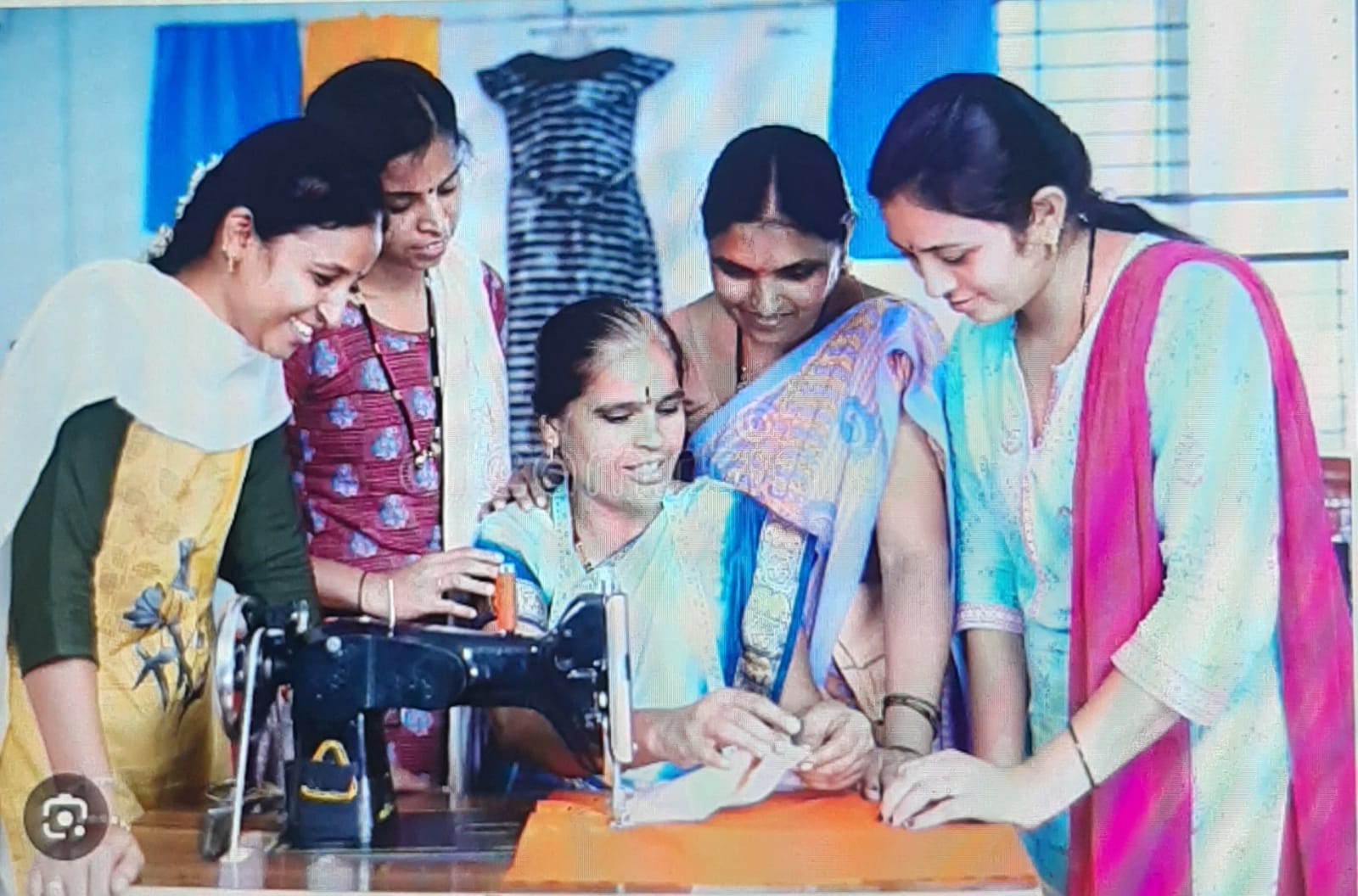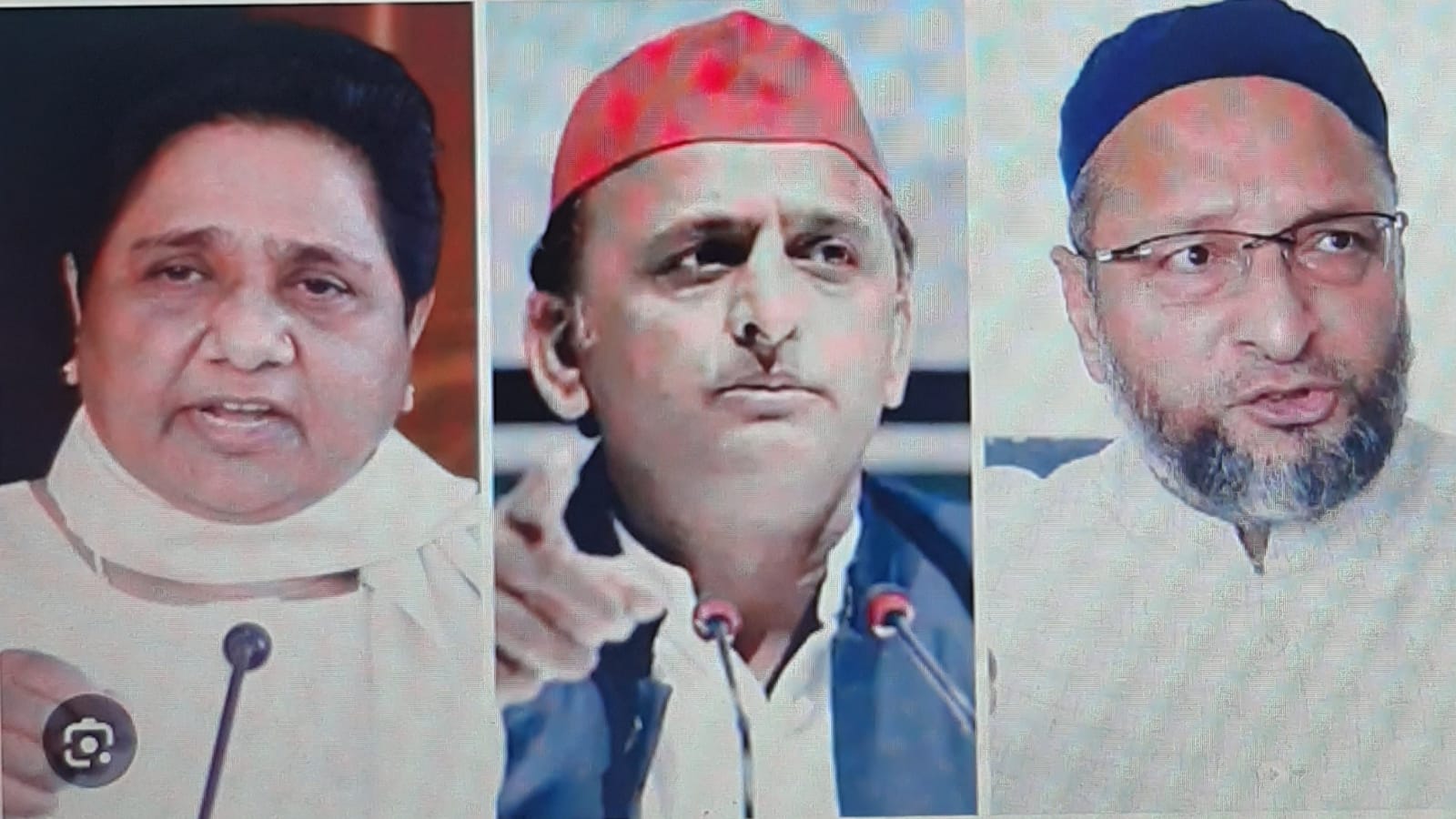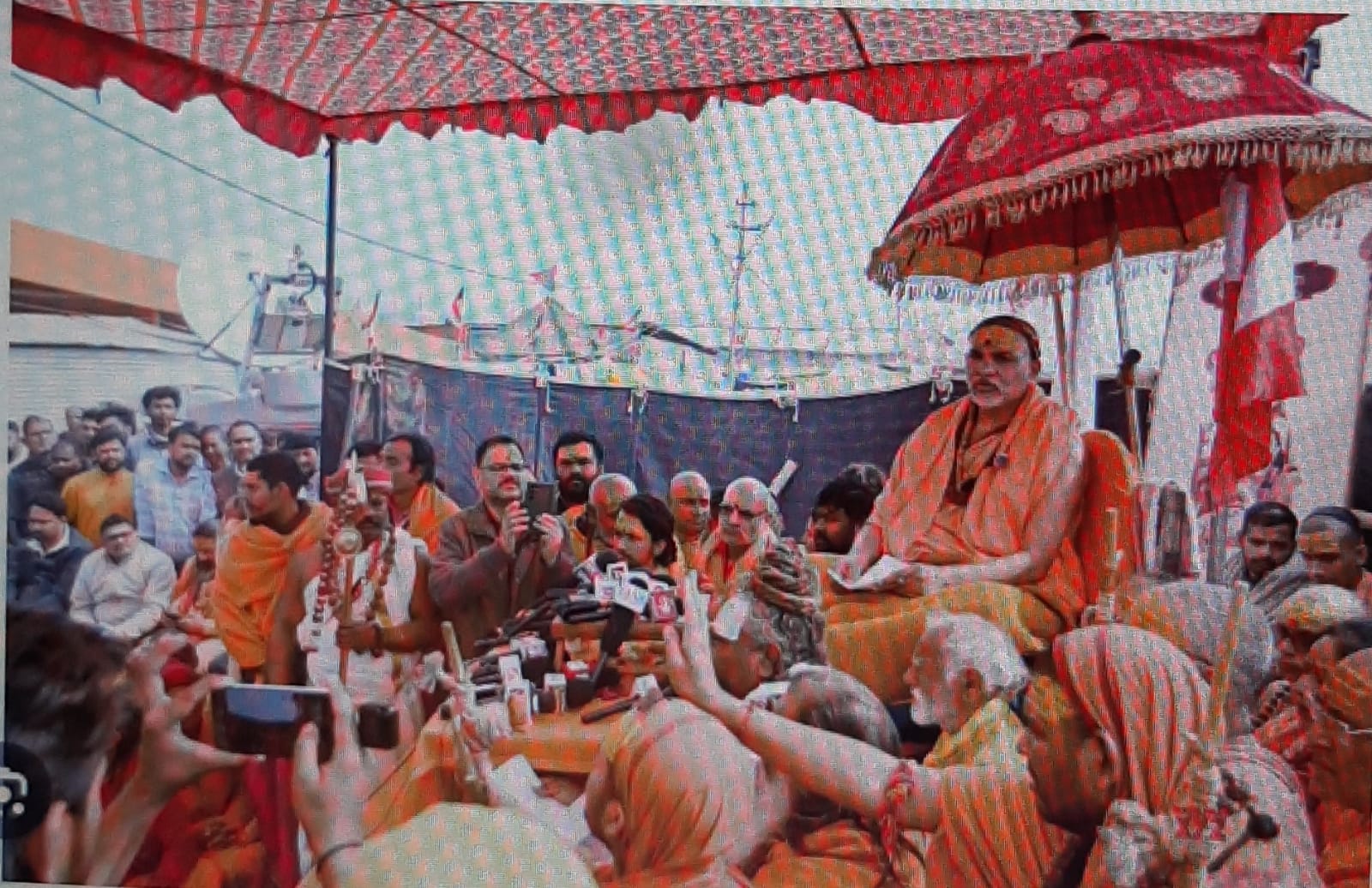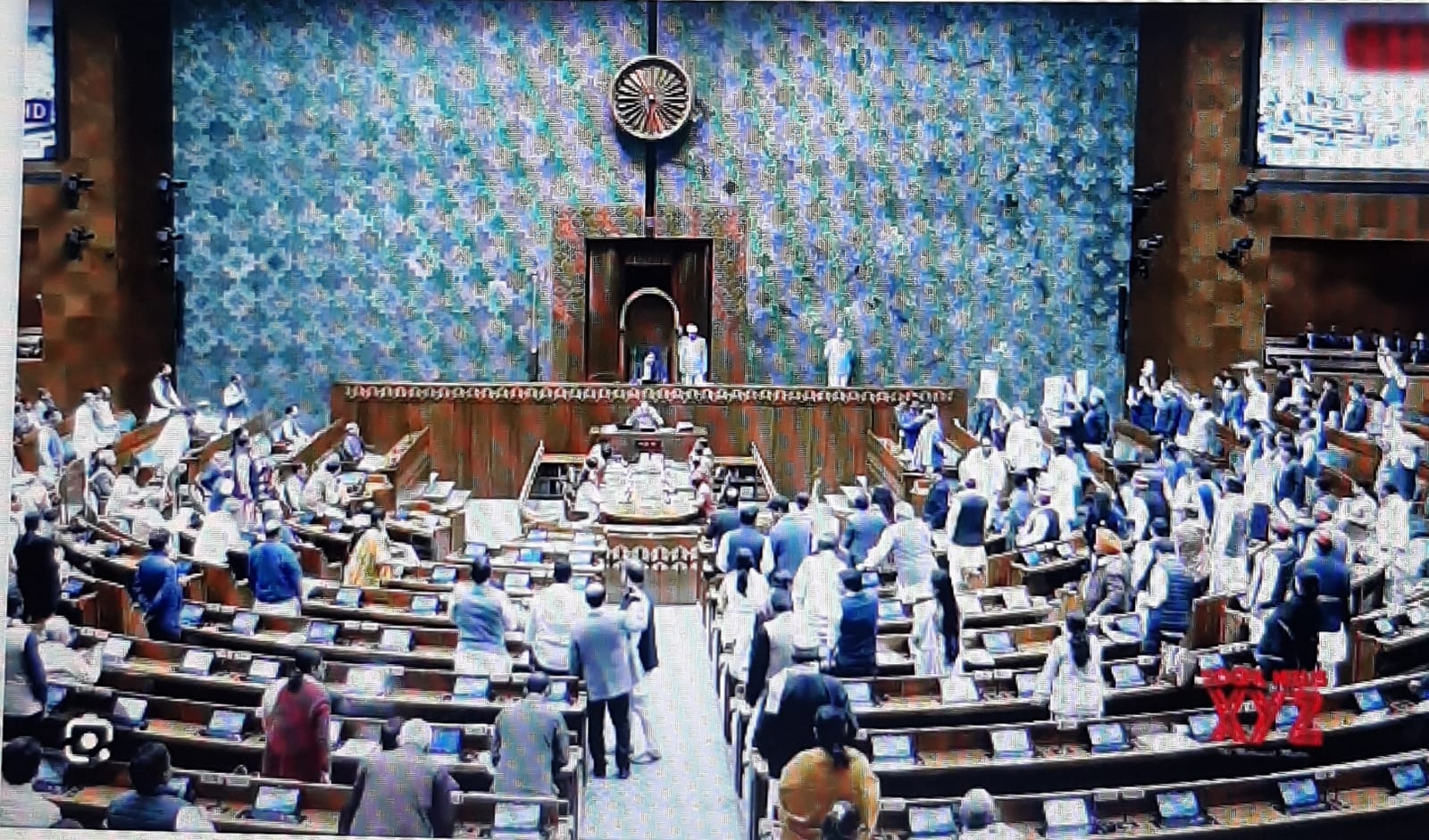
In a vibrant democracy, the government is answerable to the people at all times. It is not enough to provide answers to questions raised in the portals of the Parliament or State Legislature. The manner in which the Parliament and State Legislatures are run, especially in the last few decades, have put a serious question mark on their effectiveness as institutions for ensuring accountability of Government, writes former IAS officer Sunil Kumar.
These are troubled times. We regularly come across speeches, writings and judicial pronouncements[i] which leave citizens confused about place of question and sermon in a democratic polity.
While addressing the MPs of the ruling National Democratic Alliance during the ongoing monsoon session of Parliament, the Prime Minister Narendra Modi reportedly took a swipe at the opposition by articulating that they have dug their own grave by having a discussion on ‘Operation Sindoor’ in Parliament! This is not the first time that Prime Minister has ridiculed the opposition.
Numerous writers articulate views wherein they justify placing majoritarianism on a pedestal in a democratic setup. The argument goes that views of the majority will always prevail in a democracy. This is conveniently reduced to views of the ruling party which ostensibly has been given the ‘mandate’ to rule by the voters in ‘free and fair’ elections. This authority reportedly becomes ‘absolute’ if the ruling dispensation happens to retain power in national or state elections. The arrogance of power creeps into the statements of not only top government functionaries but even spokesperson of ruling parties.
The other day, one was astonished to read the reported comment of a Judge of the Supreme Court who reportedly ‘lambasted’ the Leader of the Opposition in the Lok Sabha for raising questions regarding illegal occupation of Indian territory by the Chinese using the forum of social media and not the ‘correct’ forum of Lok Sabha! He went on to deliver a sermon on who is a ‘true Indian’ even while giving relief to the petitioner and staying the defamation case filed in a UP court.
Without getting embroiled in the rightness or not of the various personalities involved, whether it is the Prime Minister, the Home Minister, the Leader of Opposition or the Judge of the Supreme Court, it is important to focus on more basic issues which have a bearing on the future of democracy itself.
The most important issue, to my mind, is the right and power of citizens / voters to question those who have been placed in positions of authority by them. Free and fair elections are essential for ensuring vitality of democracy. Elections enable the voters to elect those representatives who are authorised to govern the country / state on their behalf for a specified period. It is definitely not a license to subvert rule of law or bend well established democratic processes and traditions. In a vibrant democracy, the government is answerable to the people at all times. It is not enough to provide answers to questions raised in the portals of the Parliament or State Legislature using various parliamentary tools devised over decades and centuries such as Question hour, Zero Hour, Short-duration discussion etc.
The manner in which the Parliament and State Legislatures are run, especially in the last few decades, have put a serious question mark on their effectiveness as institutions for ensuring accountability of Government. First, the number of days for which Parliament and State legislatures function shows a declining trend over the years. Data shows that sittings of Lok Sabha have declined from a high of around 70 to 90 days, say 25 to 30 years back, to just about 55 days in recent times. The situation is more alarming for the State Legislative Assemblies where the national average of sittings per annum hovers around 20 to 23 days. States like Uttar Pradesh, Madhya Pradesh and Punjab met for less than 20 days in 2024. States like Karnataka, West Bengal and Maharashtra fare marginally better but well below their stipulated minimum number of days. If one were to factor in disturbances, adjournments etc. then the situation becomes still more alarming.
The general tendency of government is to evade. Evasive replies couched in language where no responsibility can be fixed is becoming the norm. Working of Parliamentary and Legislative Standing Committees stand visibly compromised with MPs and MLAs loath to forget their party affiliations and work hard to get to the ‘heart of the matter’ and ferret out truth from recalcitrant officials deposing before them. Consequently, accountability of the executive to the legislature has sharply eroded over the years.
The Anti-Defection Law and the enhanced power of the party whip may have ensured longevity of the government but has eroded inner-party democracy and diminished the role of a Member of Parliament (MP) or Member of Legislative Assembly (MLA) as a public representative. Now they are expected to raise their ‘misgivings’ and grievances in party forums and not the Lok Sabha or Vidhan Sabha so as not to embarrass the government and the ruling dispensation. Performance of MPs in Parliament or MLAs in Vidhan Sabha is no longer a guarantee of their being allocated party tickets for contesting elections given the ‘absolute’ power enjoyed by the Party High Command, the PM and the CM. Pray, where then is the forum available for raising questions and, that too, unsettling and difficult questions relating to national security.
In a democracy, there is no one forum which can be made the sole repository for raising questions and eliciting response from the government. Apart from the legislature and the various parliamentary tools that can be accessed and used by the elected representatives, hauling up the executive in a court of law, especially the constitutional courts like the High Courts and the Supreme Court, is definitely an option open to citizens. Filing writ petitions (even Public Interest Litigation (PIL)) is an important avenue for ensuring accountability of government especially when rule of law is discarded, constitutional rights severely compromised and gross irregularity committed. An independent and fearless judiciary holds the key for safeguarding democracy and democratic rights of citizens. If instead of delivering justice, Judges begin to sermonise then surely there is something seriously wrong with the system. Delivering sermons is not the task assigned to the judiciary. Upholding rule of law and constitutional values is the preserve of the higher judiciary. It is time they focused on delivering justice and not doing panchayat (where they seek to keep everyone happy).
Unfortunately, we seem to forget the Socratic principle that through questioning alone we can seek truth. Relentless questioning of public officials at all levels by all concerned, be they citizens or elected representatives, is the best safeguard against arbitrary action. It is the most important tool for ensuring accountability. More often than not, forums designed for this purpose, are either not available to citizens or dysfunctional. Precisely for this reason, an independent media was described as the ‘fourth pillar of democracy’ by Dr. Ram Manohar Lohia. To counter brute majority and authoritarian trends, opposition parties and their leaders are duty bound to access and use all available tools to question the government. More so when mainstream media seems to have abdicated its responsibility. Citizens need to constantly question their elected representatives and government officials even through social media. They cannot be advised to seek time for personal hearing from the concerned public representative or department official. Thus, the sermon of the concerned judge of the Supreme Court in the instant case appears to be thoroughly misplaced and uncalled for. Unfortunately, it has been lapped up by the ‘godi media’ and the ruling party to attack the opposition.
It must be remembered that elected representatives draw their power from the people and are always accountable to the people. One reason why USA is regarded as a great democracy is the relentless barrage of questions (not scripted) that the President of USA is exposed to from accredited journalists whenever he steps out on the lawns of the White House! It signals the strength of American democracy where citizens see and evaluate the response of the most powerful person on the planet.
In politics, everything cannot be always weighed on the scale of popular approval. There are times where leaders have to take unpopular decisions and ask ‘troubling’ questions. If there is an issue, it needs to be first identified and then resolved. Ridiculing the opposition and treating anyone who asks questions as being ‘unpatriotic’ is actually doing a great dis-service to democracy and democratic institutions. Electoral victories in periodic elections, at best, signify the choice of people who will govern them as per the constitutional provisions. It is certainly not a mandate or a license to act as they please. Voters do not elect dictators!
Relentless questioning of elected representatives and officials by citizens alone can ensure accountability of government and responsive governance at all levels – from the local to state and union government. This task cannot be left just to the elected representatives. Politics and governance should go together. Just as swaraj was the birthright of all Indians in the early 20th century, good governance should become the right of every citizen in independent India. A questioning spirit on the part of citizens is all that is required. Sermons by elected representatives, constitutional and government functionaries has no place in a strong and vibrant democracy.
(Sunil Kumar is a member of Pune International Centre and a former civil servant. Views expressed are personal.)
[i] A certificate of Patriotism, Manoj Kumar Jha, Pg.9, The Indian Express, August 6, 2025



